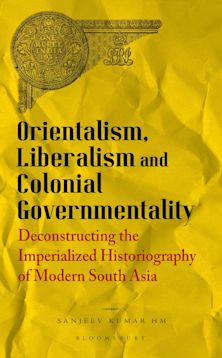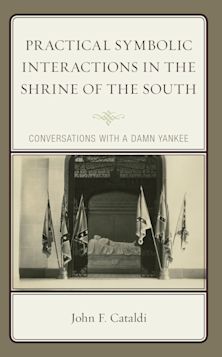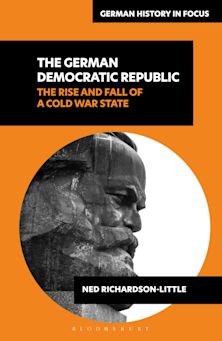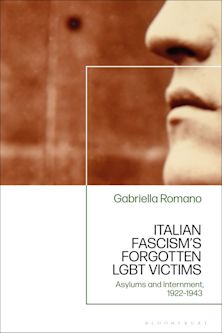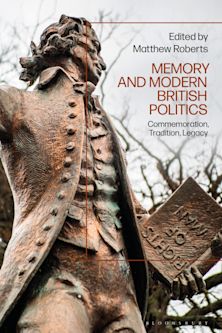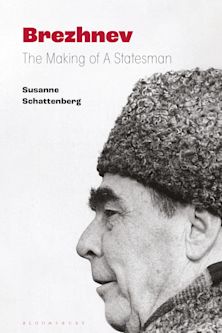Idolizing the Idea
A Critical History of Modern Philosophy
Idolizing the Idea
A Critical History of Modern Philosophy
Description
Ever since Plato made the case for the primacy of ideas over names, philosophy has tended to elevate the primacy of its ideas over the more common understanding and insights that are circulated in the names drawn upon by the community. Commencing with a critique of Plato’s original philosophical decision, Cristaudo takes up the argument put forward by Thomas Reid that modern philosophy has generally continued along the ‘way of ideas’ to its own detriment. His argument identifies the major paradigmatic developments in modern philosophy commencing from the new metaphysics pioneered by Descartes up until the analytic tradition and the anti-domination philosophies which now dominate social and political thought. Along the way he argues that the paradigmatic shifts and break-downs that have occurred in modern philosophy are due to being beholden to an inadequate sovereign idea, or small cluster of ideas, which contribute to the occlusion of important philosophical questions. In addition to chapters on Descartes, and the analytic tradition and anti-domination philosophies, his critical history of modern philosophy explores the core ideas of Locke, Berkeley, Malebranche, Locke, Hume, Reid, Kant, Fichte, Hegel, Schelling, Marx, Kierkegaard, Schopenhauer, Nietzsche, Husserl and Heidegger. The common thread uniting these disparate philosophies is what Cristaudo calls ‘ideaism’ (sic.). Rather than expanding our reasoning capacity, ‘ideaism’ contributes to philosophers imposing dictatorial principles or models that ultimately occlude and distort our understanding of our participative role within reality. Drawing upon thinkers such as Pascal, Vico, Hamann, Herder, Franz Rosenzweig, Martin Buber and Eugen Rosensock-Huessy Cristaudo advances his argument by drawing upon the importance of encounter, dialogue, and a more philosophical anthropological and open approach to philosophy.
Table of Contents
Chapter 2 Mechanistic Metaphysics, “Way of Ideas”, and the Understanding's Rule of the Imagination
Chapter 3 Metaphysical Quandaries along the “Way of Ideas”
Chapter 4: The Return of the Idea to the Everyday World
Chapter 5 Transcendental, Subjective, and Objective Idealisms: A Matter of Absolutes
Chapter 6 Schelling on Thinking and Being: An Absolute to End all Absolutes
Chapter 7 Post-Hegelianism – or the Idea in Our Action in 19th Century Philosophy
Chapter 8 The Analytic Retreat to Reason and The Relative Splintering of the Idea
Chapter 9 Husserl's Idea of Phenomenology and Heidegger's Being (an Idea in Spite of Itself)
Chapter 10 The Chosen Path of the Idea(isms) of the 60s: Anti-domination, Limitless Freedom and the Politics and Ethics of the Impossible
Product details
| Published | Oct 16 2019 |
|---|---|
| Format | Ebook (PDF) |
| Edition | 1st |
| Extent | 344 |
| ISBN | 9781978795129 |
| Imprint | Lexington Books |
| Series | Political Theory for Today |
| Publisher | Bloomsbury Publishing |
Reviews

ONLINE RESOURCES
Bloomsbury Collections
This book is available on Bloomsbury Collections where your library has access.














